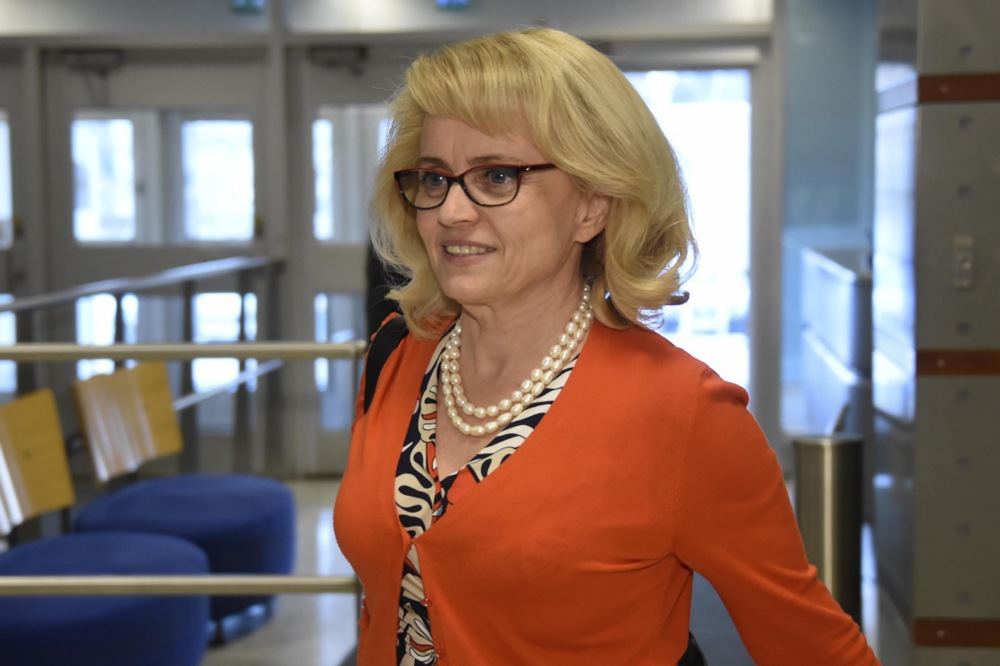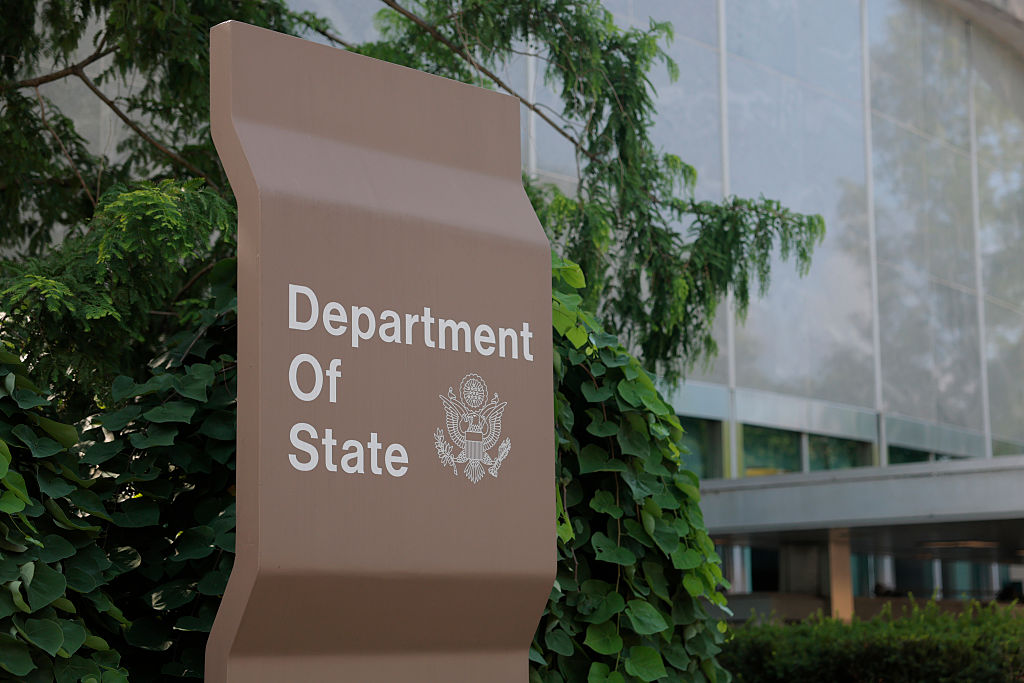Finland’s Supreme Court has scheduled an oral hearing in a long-running free-speech case involving Christian Democrat parliamentarian and former interior minister Päivi Räsänen alongside Lutheran Bishop Juhana Pohjola.
The case, which began in 2019, has already produced two unanimous acquittals from lower courts but is now entering its seventh year after the State prosecutor’s persistent appeals.
Now, the court said the oral hearing will take place on October 30, 2025.
The controversy began in June 2019, when Räsänen, who is a medical doctor, questioned the Evangelical Lutheran Church of Finland’s endorsement of a Helsinki Pride event. Her post included a passage from the New Testament’s Epistle to the Romans.
Räsänen was later investigated not only for this tweet but also for a 2004 pamphlet entitled Male and Female He Created Them, which outlined a Christian perspective on marriage and sexuality. Bishop Pohjola faced charges for publishing the pamphlet.
In 2021, Räsänen was formally charged with “agitation against a minority group” under a section of the Finnish criminal code typically reserved for war crimes and crimes against humanity.
The unusual framing of the charges immediately attracted international attention. Both the Helsinki District Court in 2022 and the Helsinki Court of Appeal in 2023 dismissed the charges, ruling that Räsänen’s statements were protected speech and that the prosecution had misrepresented her words.
Despite these verdicts, the Prosecutor General appealed once again. In April 2024 the Supreme Court granted leave to hear the case and proceedings will now culminate this autumn.
At the heart of the trial is a question that extends well beyond Finland’s borders: Can traditional Christian teachings on sexuality still be expressed publicly without legal sanction?
“The core of this case is whether it is still allowed to openly hold biblical teachings in Finland,” Räsänen said. “I consider it a privilege and an honour to defend freedom of speech, which is a fundamental right in a democratic state.”
Her defence, co-ordinated by ADF International (Alliance Defending Freedom, a US-based Christian legal advocacy organisation), has emphasised that her use of terms such as “sin” in reference to homosexuality came directly from scripture. According to the legal team, condemning such language would amount to condemning the Bible itself.
ADF’s executive director Paul Coleman called the case a “censorship campaign”, warning of a risk that vaguely worded hate speech laws could become tools for ideological prosecutions.
The trial has already sparked moments that Räsänen herself has described as “surreal”.
She recounted being interrogated by police for hours about her theology, at one point being asked to explain the meaning of the book of Romans — despite having served just a few years earlier as Finland’s interior minister overseeing the police force.
International observers have framed the case as part of a broader European debate on the limits of expression.
Räsänen said she saw her experience as symptomatic of a trend in which long-held religious convictions are increasingly recast as hate speech.
“I never could imagine that a tweet in a democratic country with a long tradition of freedom of religion and expression would lead to a criminal investigation, police interrogations, and multiple court hearings,” she said.
The Supreme Court’s ruling, expected after the October hearing, could carry weight well beyond Finland. While the lower court decisions already reaffirmed protections for freedom of speech, a favourable Supreme Court decision would establish a stronger precedent.
For supporters of Räsänen, such a judgment would safeguard not only the rights of Christians to uphold biblical teachings but also more broadly reinforce freedom of expression across democratic societies.
Finnish prosecutors have argued that Räsänen’s views, although scripturally based, become criminal when expressed in ways they interpret as denigrating.
Räsänen’s trial has already become one of the most closely watched free speech cases in Europe, with implications that extend far beyond the courtroom in Helsinki.
She also featured in the Brussels Signal documentary on free speech.
EXC: Three US Congressmen, Jim Jordan, Scott Fitzgerald, and Kevin Kiley join us to discuss growing concerns over the EU’s Digital Services Act and its global implications for freedom of speech. 👇 @Jim_Jordan | @RepFitzgerald | @RepKileyhttps://t.co/uD9Pf5KpsS
— Brussels Signal (@brusselssignal) July 28, 2025





